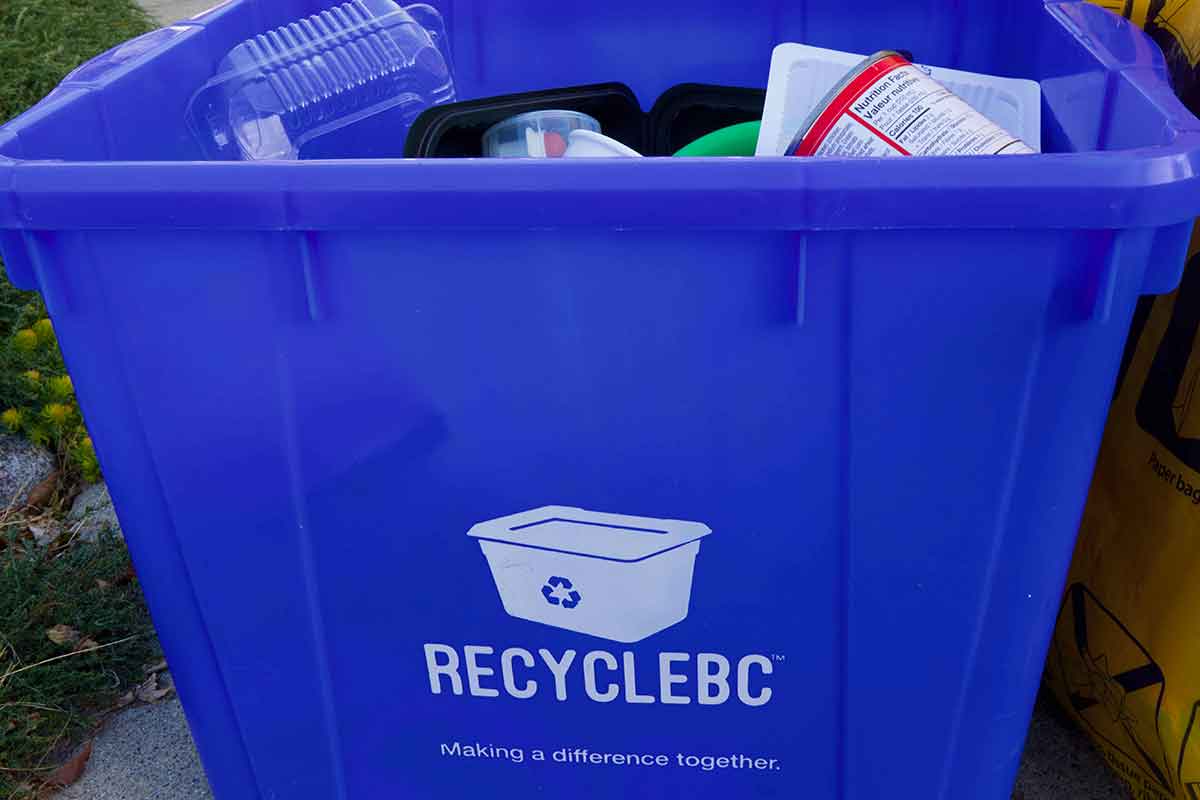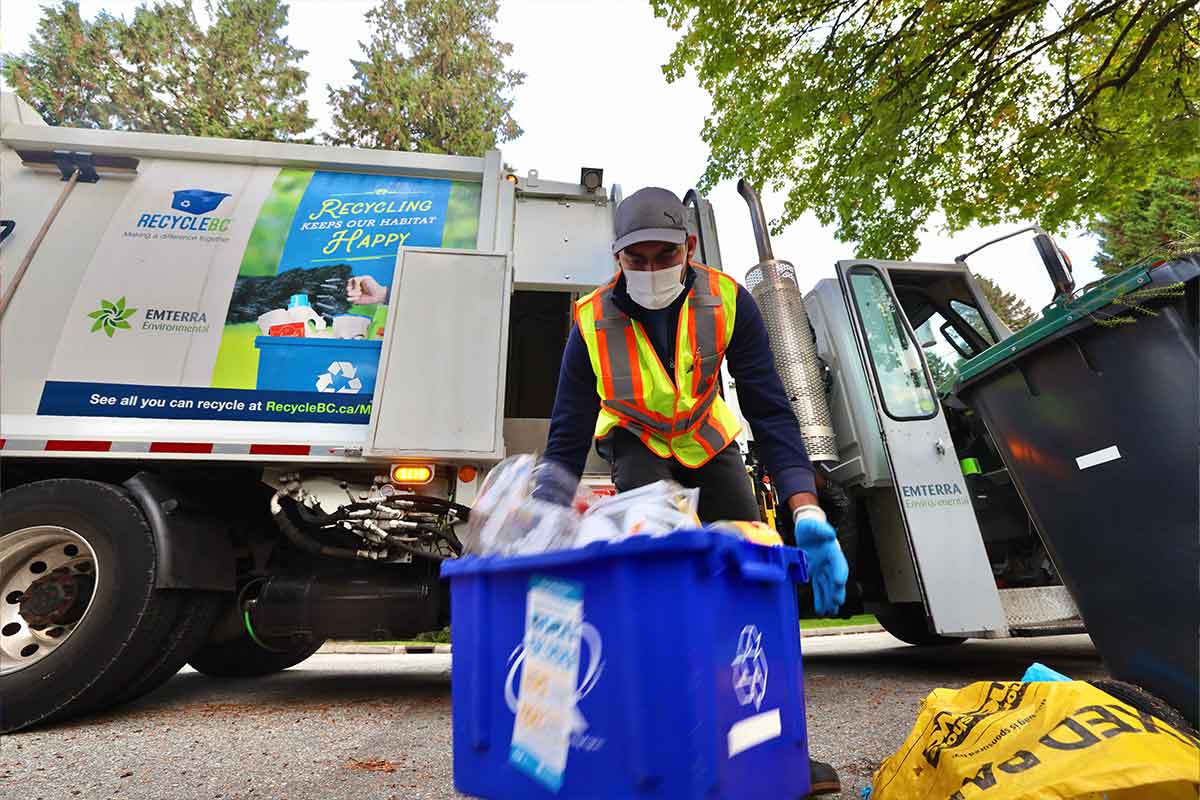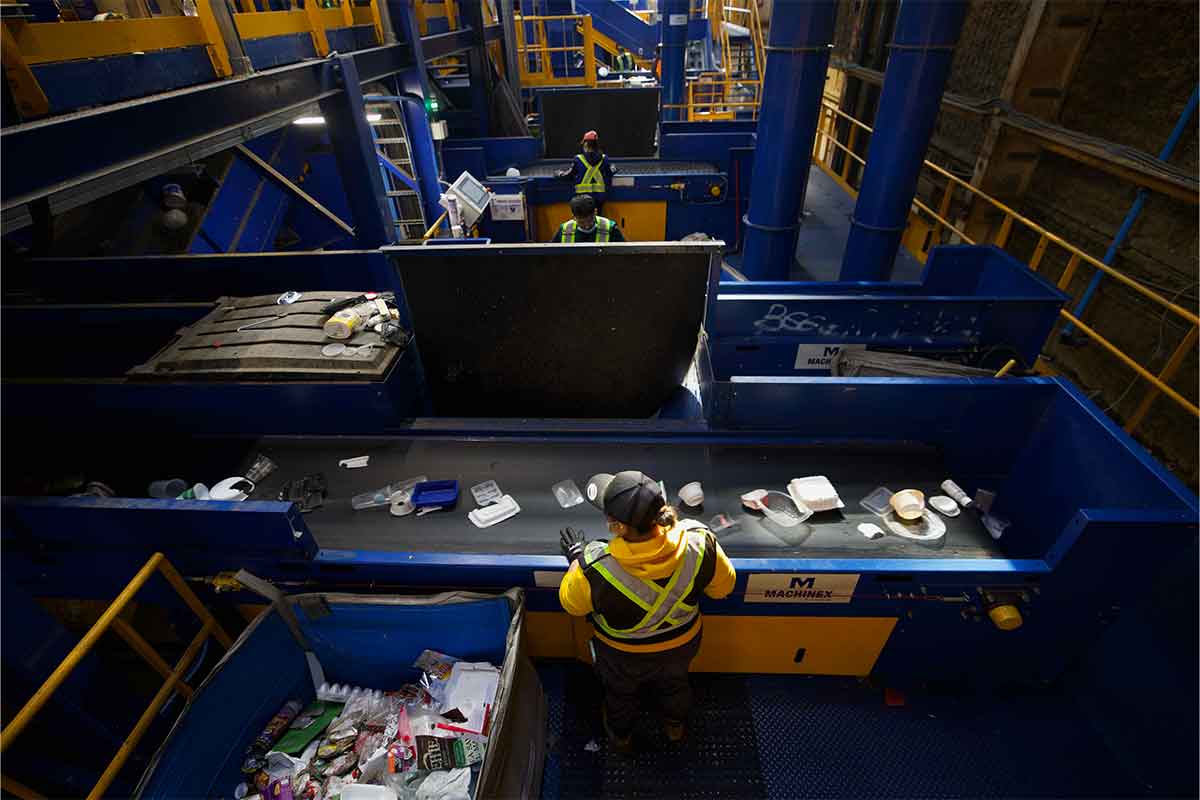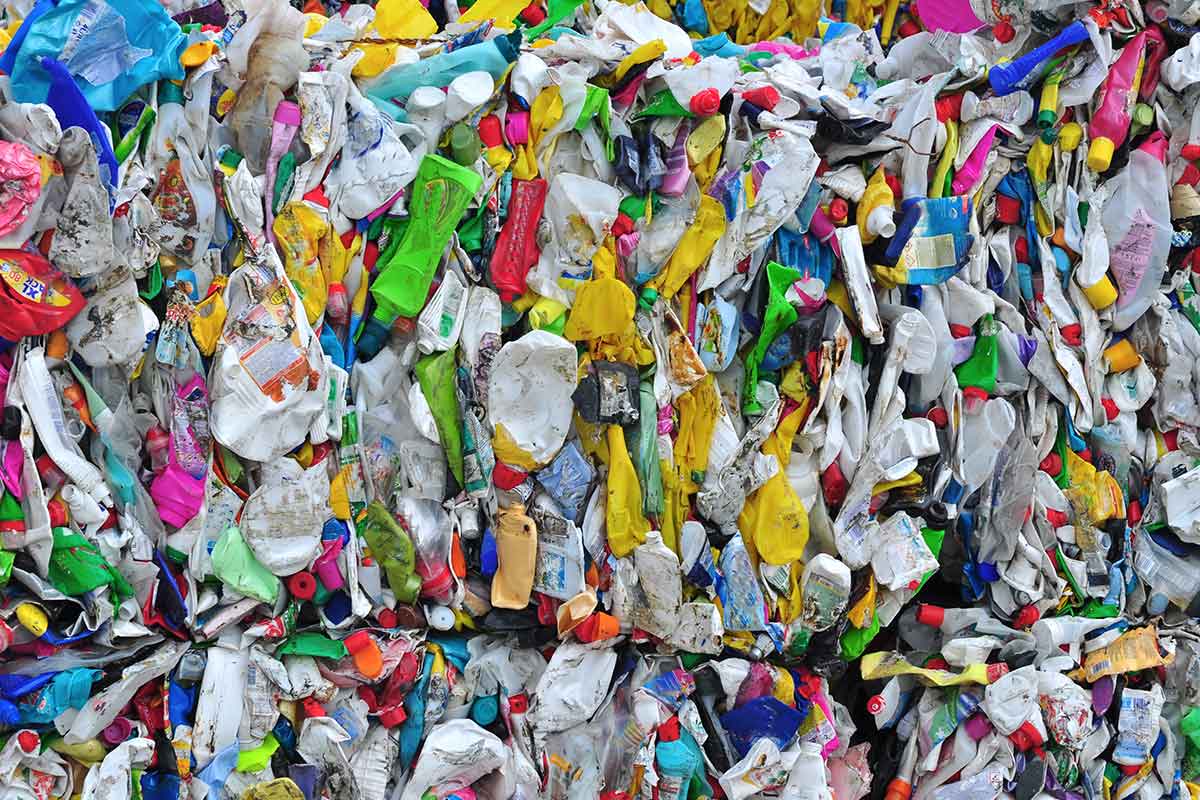Extended producer responsibility, or EPR, is a policy approach in which producers – the businesses that supply packaging and paper to residents – are financially and, in some cases, operationally responsible for those materials over their full life cycle, including end-of-life management.


EPR legislation requires producers to take responsibility for the end-of-life management of the materials they supply to consumers. Regulations are introduced at the provincial level that contain material targets and producer obligations. Once EPR is implemented in a province, there is a consistent material list and an integrated material management supply chain. Materials remain in the economy and part of the circular economy as recycled content to be made into new packaging and products.
- Facilitates investments in recycling infrastructure and technology.
- Creates an integrated material management supply chain.
- Supports innovation in supply chain and material management.
- Enables operational efficiencies.
- Supports broader promotion and education.
- Leads to performance accountability and reporting.
- Improves recycling rates.


Recycle BC was the first full packaging and paper EPR program in North America. Many provinces and states are introducing full EPR legislation where producers will be financially and operationally responsible for the end-of-life management of their packaging and products. With over 10 years of experience, we are working to share our successes and learnings.

